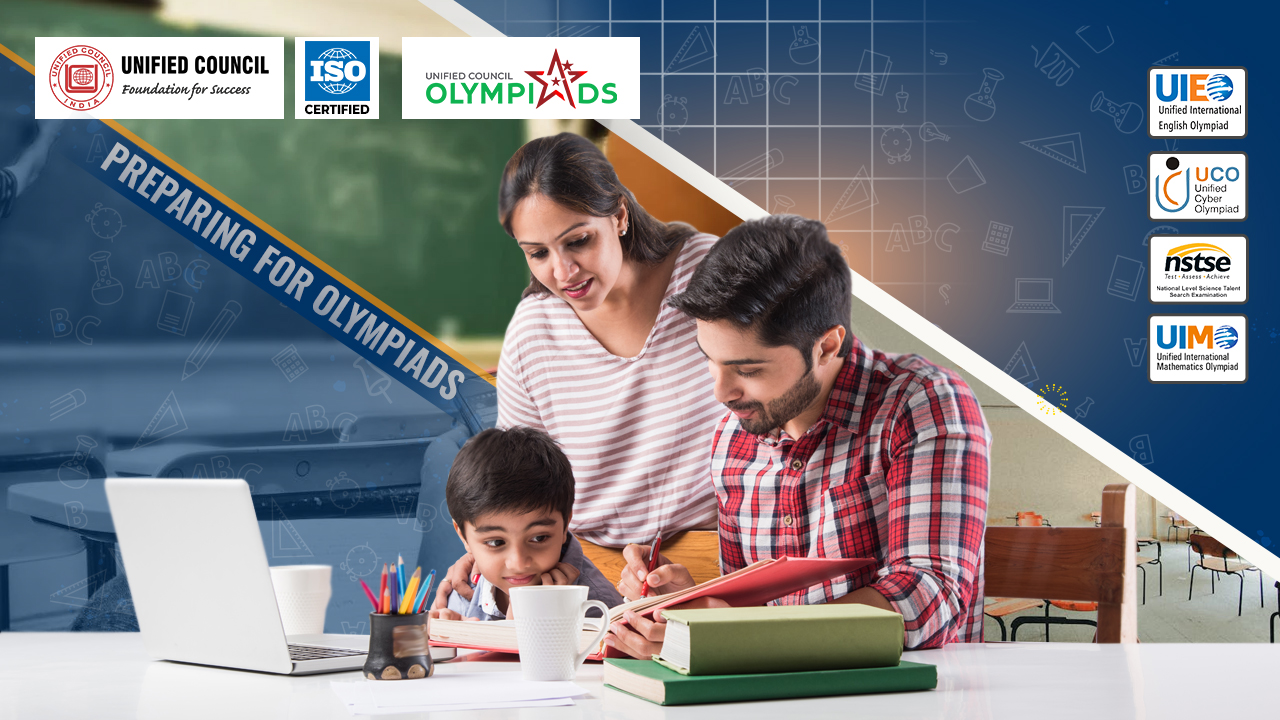Olympiad exams are not just tests of knowledge but also assessments of critical thinking, problem-solving, and application skills. Over the years, many students have achieved remarkable success, and their experiences provide valuable lessons for those preparing for these prestigious exams. Analyzing past Olympiad result offers key insights into effective preparation strategies.
Importance of Olympiad Exams
Olympiad exams serve as platforms for students to showcase their talent on national and international levels. These exams include competitions like the National Talent Search Examination (NTSE) and subject-specific mathematics, science, and English Olympiads. They help students build confidence, enhance conceptual understanding, and develop a competitive edge. Moreover, these exams pave the way for future opportunities, including scholarships and admissions to prestigious institutions.
Lessons Learned From Olympiad Result
- Understanding the Exam Pattern Familiarity with the exam pattern is crucial. The Unified Olympiad exam, for instance, often tests students on their ability to think beyond textbooks. Past results suggest that students who practiced with sample papers and mock tests performed significantly better.
- Strong Foundation in Basics Olympiad toppers emphasize building a strong foundation in basic concepts. These exams demand clarity in subjects like mathematics and science olympiad, where problems are designed to test logical reasoning and analytical skills.
- Time Management Skills Many Olympiad achievers credit their success to effective time management during the exam. Practicing under timed conditions is a common strategy among top performers.
- Learning from Mistakes Analyzing mistakes and rectifying them is a consistent theme among successful Olympiad participants. Past results show that students who treated mock tests and previous year’s papers as learning tools gained significant improvement.
Common Traits Of Top Performers
What sets top performers apart? Here are a few standout qualities:
- Consistency in Effort Top achievers maintain a steady preparation schedule. They avoid cramming and instead focus on small, consistent efforts daily.
- Proactive Learning They go beyond the syllabus, exploring topics out of curiosity. This often leads to a deeper understanding and better problem-solving skills.
- Resilience Success rarely comes without setbacks. High performers embrace their mistakes as opportunities to learn and improve.
- Time Management They excel at balancing their schoolwork with Olympiad preparation, ensuring no area is neglected.
Areas Where Most Students Struggle
Not every student starts as a top performer. Here are some common challenges students face:
- Overlooking Basics: Many students jump to advanced problems without mastering foundational concepts, leading to critical question errors.
- Poor Time Allocation: Spending too much time on one question often means leaving others unanswered.
- Inconsistent Practice: Sporadic preparation doesn’t yield the same results as regular, focused study sessions.
- Stress Management: The pressure of competition can affect performance, especially for younger students.
Avoiding Mistakes Highlighted By Previous Results
- Understand the Exam Format Know the structure, question types, and marking scheme inside out. This reduces surprises on the exam day.
- Don’t Ignore Weak Areas Many students focus on their strengths while avoiding their weaker subjects. Dedicate extra time to topics you struggle with.
- Avoid Over-Reliance on Guesswork While some exams have no negative marking, relying too much on guesswork can hurt your accuracy and confidence.
- Practice Under Exam Conditions: Simulate the real exam environment with mock tests. This helps you manage time and build confidence.
Bonus Tips for Olympiad Preparation
- Start Early: Begin preparation months in advance to allow time for thorough revision.
- Use Multiple Resources: Combine textbooks, online tutorials, and practice tests for comprehensive learning.
- Stay Curious: Treat the preparation as an opportunity to learn and grow, not just as a competition.
- Prioritize Health: Ensure proper sleep, nutrition, and breaks to stay sharp and focused.
- Ask for Help: If stuck, seek guidance from teachers, peers, or online forums. Collaboration often leads to breakthroughs.
Conclusion
Preparing for Olympiads requires dedication, strategic planning, and a willingness to learn from past results. These exams are not just about achieving high scores but also about developing skills that last a lifetime. Students can excel and unlock their true potential by adopting the lessons learned from previous Olympiad result and implementing effective preparation strategies. Olympiad exams also instill values of perseverance and discipline, making them a stepping stone toward academic and personal growth.
FAQs About Olympiad Exams
Q1. How Do I Start Preparing For The Olympiads?
Start by understanding the syllabus and exam pattern. Create a structured study plan, practice regularly with sample papers, and focus on strengthening your fundamentals.
Q2. Which Is The Hardest Olympiad?
The International Mathematical Olympiad (IMO) and International Physics Olympiad (IPhO) are often considered the hardest due to their challenging problems and high competition.
Q3. Can Olympiad Results Influence Future Career Opportunities?
Yes, a strong performance in Olympiads can significantly enhance a student’s academic profile, opening doors to scholarships and admissions to esteemed institutions.
